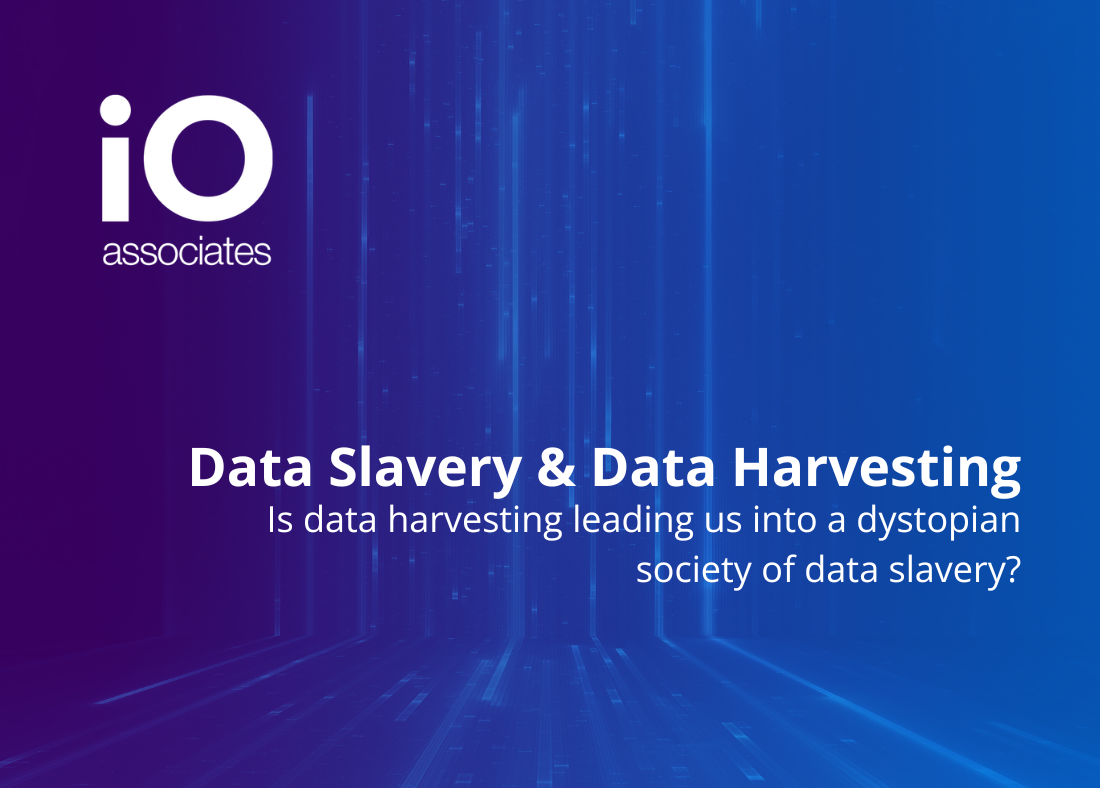Data Slavery & Data Harvesting
Posted on January 2024 By Alex Lang
.png)
Business Times’ writer Allison Schrager commented that ‘data makes us slaves to the past’. With current online health tracking companies facing backlash over data protection policies, is today’s society merging towards an enslaved future filled with authoritarian surveillance similar to the likes of dystopian novels and movies?
The term slavery describes an abhorrent infringement of fundamental human rights, most often used when describing past historical events. Comparatively, ‘digital slavery’ has aspects of modern slavery which work to exploit people for commercial and/or personal use. Within the modern century this ‘slavery’ could be enabled via ‘an unholy triumvirate of surveillance technology, personal data trafficking and Artificial Intelligence (AI).’ comments journalist Mike Chisnall. Nowadays it’s not difficult to imagine a conglomerate system of stored data that defines our life through algorithms and rules much like the 1999 film The Matrix.
Despite the dramatic, negative connotations of data collection, 67% of U.K. internet users believe that the benefits of being online outweigh the risks. Maybe this isn’t a risk worth worrying about? After all, we’re all complaint to pressing accept on the frequent offerings of digital cookies that harvest our data. Despite our compliance, we are still subject to this digital slavery ‘through obscure and lengthy contracts, trickery, manipulation or just plain theft’ continues Mick Chisnall.
To contemplate this topic further, we approached our audiences on LinkedIn. The results were absolute in both the US and the UK with 100% of participants agreeing that data harvesting could lead us into a dystopian society of data slavery. Beyond even our wildest expectations we are building devices that can metamorphose human behaviour without our consent or knowledge, invisibly shaping our societies and our characteristics.
‘The overall image emerging … provides an adequate and terrifying vision of new forms of social control’ adds Matthew Pirkowski alluding to a future of hidden surveillance and censorship. Ultimately dystopias show us our future if we do not correct the mistakes of the present.
So what can we do to avoid this abysmal authoritarian future? We must recognise that there is a serious problem, a problem that is not going to be solved by those profiting from this new age of data slavery.
What do you think? Is data harvesting leading us into a dystopian society of ‘data slavery’ and censorship or is this the new normal that should be accepted lightly?
Follow our LinkedIn page to ensure you never miss another public poll and the chance to be involved in our insights.
Looking to hire? Get in touch today!

